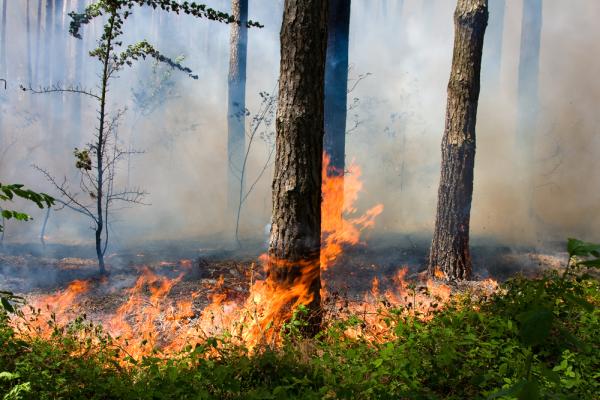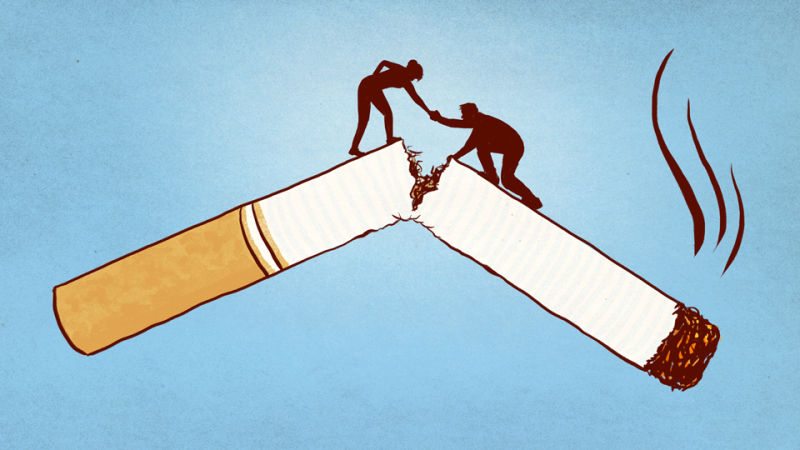This summer has been tough for everyone in British Columbia, California, Oregon and Washington when it comes to smoke in your lungs.
Even people in up to a couple of hundred miles away from these areas, even non-smokers, have struggled with respiratory illnesses after one of the worst wildfire seasons in history. In BC, over 1,250,383 hectares (3,089,764 acres) burned, passing last year’s total of 1,216,053 hectares. Last year was rough, and the impacts of smoke were hard on the health of many people. After the second year in a row of dense wildfire smoke, many people noticed respiratory issues.
Catastrophic wildfires in California burned over 1,507,383 acres (610,016 hectares) in a total of 6,946 individual fires by the end of September 2018. Oregon (1400 fires) and Washington (1567 fires) were also hit very hard. These fires combined to create huge increases in air pollutants which caused drastic reductions in air quality all along the western coast of the US and Canada.
These fires had severe health impacts from both stress and smoke.
Respiratory System Effects Of Wildfire Smoke
The fine particles contained in smoke from wildfires can penetrate deep into your lungs, causing a range of health problems from lung diseases and even aggravating chronic heart disease. Eye irritation from this particulate matter is also common.
Exposure to smoke from fires may cause tightness in the chest, shortness of breath, coughing, wheezing, burning in the lungs and eyes, chest pain, dizziness, tiredness, and other symptoms.
Wildfire smoke increases the risk of stroke and heart attack, and reduces lung function, increasing symptoms of bronchitis, asthma, and pneumonia. Shortness of breath and coughing are common. Increased hospital admissions from respiratory issues, COPD and adult asthma have all been documented.
The Psychological Effects of Large Wildfires
Studies of the mental health impact of Austrailian bushfires indicate that the impact of large wildfires can be devastating to individuals and communities. In a 1997 study, Mcfarlane et al. reported that even 12 months after the fires, 42% of the population exposed to wildfires were classified as potential psychiatric cases, which is more than double that found in a non-exposed population. Anxiety, depression, stress symptoms, and PTSD can persist in both adults and children long after the fires are extinguished.
Cigarette Smoking Increases After Wildfire Trauma
Exposure to traumatic events such as wildfires is a predictor of increased tobacco use, which increases the respiratory damage already caused by wildfire smoke. If you’re already a smoker, the extra smoke in your lungs hasn’t helped your health at all. It can be hard to quit smoking, but we have programs for you when you’re ready to quit cigarettes. If this summer has left you coughing and wheezing more than normally, perhaps the time is now?
The Smoke Is Gone, The Effects On You Aren’t
If you dealt with the effects of wildfires this summer, the smoke in your lungs may be gone, but its effects aren’t. Your respiratory system has taken damage, your body is probably still struggling to remove unusual loads of toxins, and your stress levels and other psychological symptoms are probably harder to deal with than what is typical for you.
Recovering From Smoke In Your Lungs
We invite you to consider a health restoration retreat at our beautiful oceanside haven on Vancouver Island, BC. It’s truly a place to escape and relax while you recover, cleanse and heal from a traumatic summer. Our health retreat offers several specialty packages, including one that focused on Quitting Smoking. It’s the ideal response to support your body in discharging the toxins and stress it has accumulated this summer.
Our Quit Smoking Specialty Package gives you the changes to rest and rejuvenate while supporting your body with our Advanced Respiratory Custom Protocol. We’ll help you flush the toxins, while you breathe healing ocean air and enjoy yoga, beach and nature walks. This is a place designed to help you calm and nourish your body and soul, heal from the smoke in your lungs, rebuild the health of your organs and even access trauma counseling if required. You can learn more at the link above, or you can call us at 1-888-658-3324 today. We also offer a free telephone health consultation that will address any questions you have about our wellness programs.
Quit Smoking Program
Learn about the time-tested methods we’ve been using for almost 20 years to help you quit smoking while decreasing cravings, ensuring safe toxin disposal, as well as preventing weight gain and other undesirable side effects. Plus help your body recover from the effects of smoking.
You’ll be taken to our dedicated to Quit Smoking Program website.


